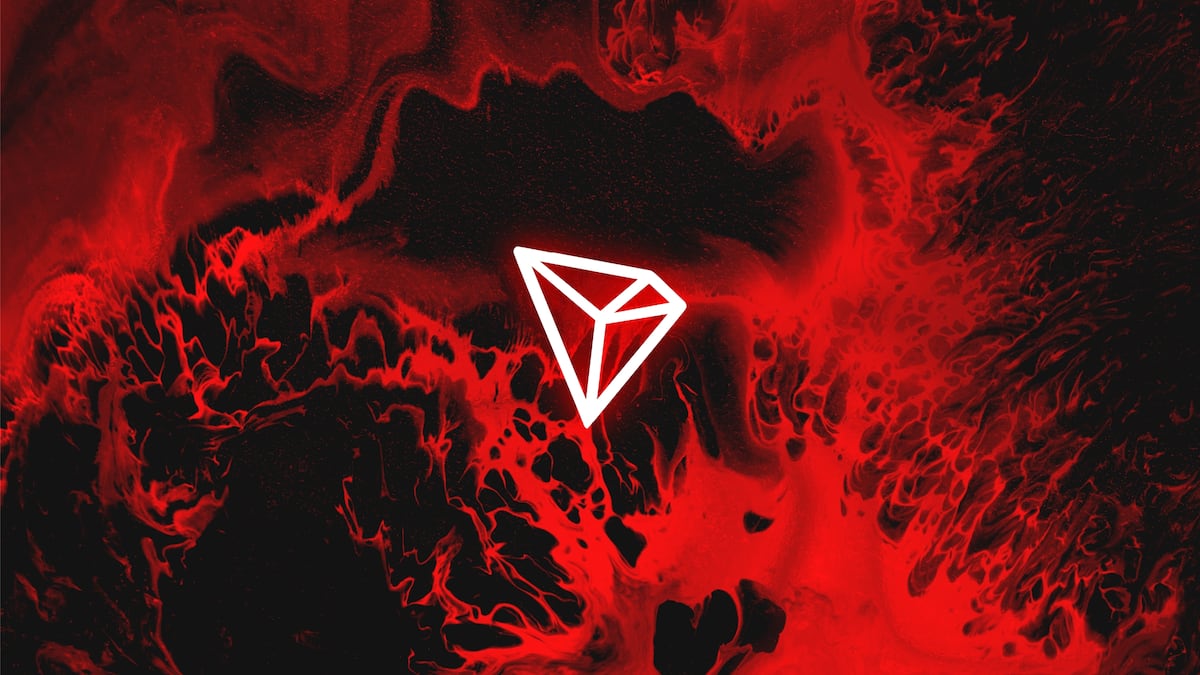- Tron says Circle's withdrawal from the Tron blockchain was due to a lack of demand for USDC.
- Circle says it was due to "risk management” since it wants to “ensure that USDC remains trusted, transparent and safe.”
On February 20, USDC provider Circle announced it was discontinuing support for its USDC stablecoin on the Tron blockchain, citing its “risk management” and saying it wants to “ensure that USDC remains trusted, transparent and safe.”
But Tron sees things differently.
Feroz Lakhani, a senior partnerships manager for TRON DAO, told DL News that he believes Circle withdrew from Tron because of a lack of demand for USDC.
Lakhani recalled a conversation he had with Circle early last year when Circle was considering adding the Tron blockchain to its Cross-Chain Transfer Protocol — CCTP — a protocol that facilitates USDC transfers securely between blockchains.
“The one question I got, which is very valid, was, ‘How big is the demand for CCTP on Tron? Like how badly do your developers want it?,’” he said.
Lakhani said that after a lukewarm response from Tron developers, Circle cooled on working on the integration. “They were like, ‘if you don’t see the demand, I don’t really see a reason to put in that much effort,’” he said. “That’s the response that I got last when I talked to them.”
A spokesperson for Circle told DL News the firm had nothing to add on the matter beyond what was already stated in its public announcement.
Since Tron launched in May 2018, USDC has struggled to compete against Tether’s USDT, the dominant stablecoin on the Tron blockchain. There is now more than $50 billion worth of USDT on Tron, compared with just $250 million of USDC.
But at the same time, Tron founder Justin Sun faces legal challenges in the US. In March, the Securities and Exchange Commission slapped Sun with charges of fraud and wash-trading. Sun has said the SEC suit “lacks merit.”
A symbiotic relationship
Much of Tron’s success is because it was one of the first blockchains to give people in countries with volatile currencies the ability to invest in US dollars.
But Tron can’t do that alone. It needs companies like Circle and Tether to issue US dollar-denominated stablecoins on Tron for its users to hold and trade. Early on in Tron’s life, Tether’s USDT established itself as the blockchain’s dominant stablecoin.
This early dominance, Lakhani says, is part of the reason USDC has struggled to compete on Tron.
“If it ain’t broke, don’t fix it,” Lakhani said. “Tether on Tron ain’t broke. It’s been working. It’s been working very well for a long time. And so I feel like that’s the mentality that a lot of people have.”
User demand for stablecoins like USDT has pushed Tron and Tether into somewhat of a symbiotic relationship. They depend on each other for their success. USDC’s exit from Tron only adds to Tether’s dominance on the chain, and reduces the options for those looking to hold US dollar-denominated stablecoins on Tron.
When asked about the relationship between Tron and Tether, Lakhani said Tron founder Justin Sun had a “good relationship” with the stablecoin provider, but he didn’t know if the relationship was formal or not.
Despite Tether’s cooperation with the US Department of Justice and other law-enforcement authorities, a recent United Nations report said USDT was still the “preferred choice” for $17 billion in Asian crime rackets.
Then last month, JPMorgan said in a report that Tether is at risk from a changing regulatory landscape across Europe and the US.
When asked if Tron was worried if something were to happen to Tether, Lakhani said he wasn’t concerned. “It’s something that I’ve thought about just not very much,” he said. “I don’t like to focus on things that I have no control over and I don’t see any reason currently to stress about.”
Tim Craig is DL News’ Edinburgh-based DeFi Correspondent. Reach out with tips at tim@dlnews.com.







